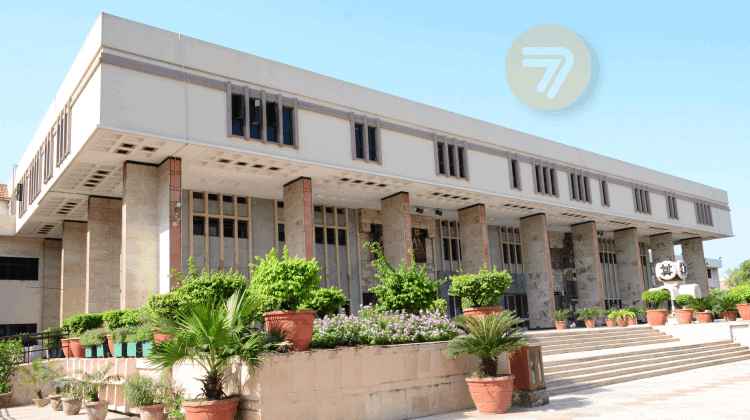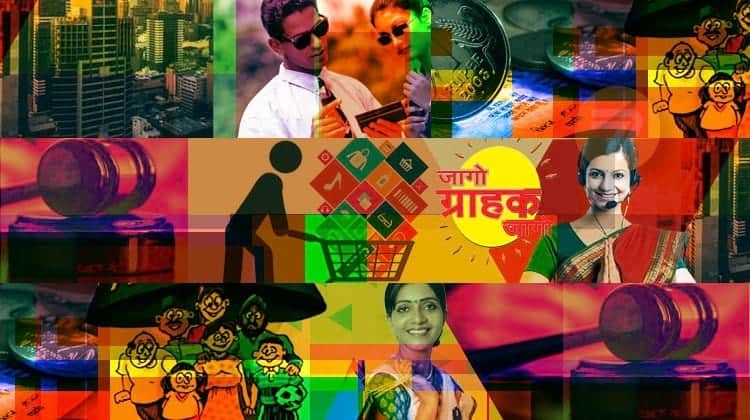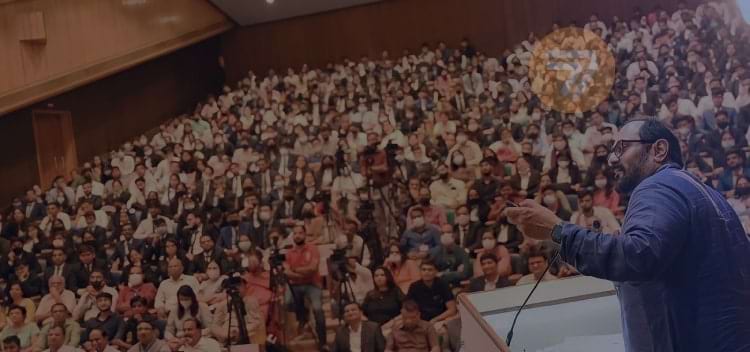Center Defends Online Gaming IT Rules before Delhi HC
23 Nov 2023
Little noticed amidst the whole turmoil caused by the wave of petitions against GST Enforcement notices demanding an egregious ₹1 lakh crore from the Indian online gaming industry, the Center is standing in another legal battle, this time defending the constitutional validity of the fresh amendments to the IT Rules 2021
Public Interest Litigation Challenges Legality of SROs
In a situation complex enough to necessitate the recent appointment of a new GoM (Group of Ministers), several discrepancies exist. These discrepancies are between the views towards online gaming of several Union Ministries. The government must resolve this complexity before putting the long-awaited SROs (Self-Regulatory Organizations) into operation. Meanwhile. A Public Interest Litigation at Delhi High Court has forced the Center to defend the framework´s legality. This framework was supposed to serve as the basis for the functioning of these SROs.
In the latest development on the case, MeitY (the Ministry of Electronics and IT) submitted its response to the allegation. The allegation stated that the Central Government had exceeded its legal competence. This was by attempting to regulate online money games. According to the State List, gambling and betting fall within the States’ legislative ambit.
The Arguments Brought Forth by the PIL
Noida-based NGO Social Organisation for Creating Humanity (SOCH) filed the PIL on the 1st of July 2023.
And besides questioning the Center’s legal competence. The petition claimed that the Union Government had created “regulatory confusion.” The implementation of a new set of legislative acts running parallel to the existing laws created this confusion.
“The Rules outsource regulatory powers of the State to SRBs, which would be financed by online gaming companies with a vested self-interest in the regulation of the community, is wholly irrational, arbitrary and violative of Article 14 of the Constitution,” the petition by SOCH also raised concerns about the whole idea of self-regulation as it exists now.
“The Government cannot abdicate its role of overseeing and monitoring of the online gaming sector and outsource its responsibility to private bodies,” SOCH argued.
In its recent written response, MeitY pointed out that MeitY drew up the amendments after extensive consultations.
These consultations included the industry and other stakeholders. The functioning of SROs would be within a broader framework.
This framework protects customer safety and foster a favorable business climate.



